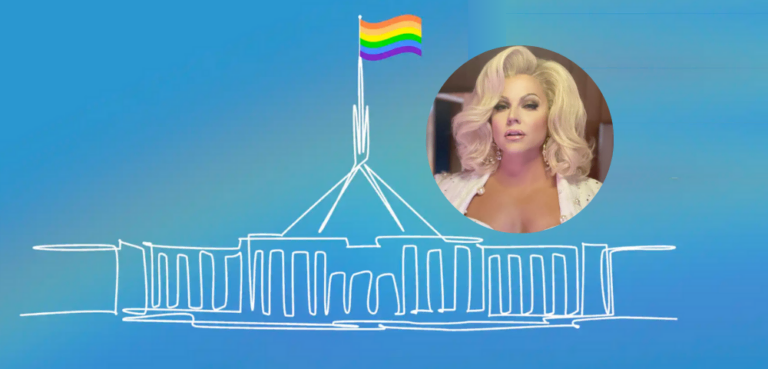
Conversion Practices In ACT May Still Be Taking Place Post-Ban

A review of the ACT’s laws banning sexuality and gender identity conversion practices that came into effect in 2021 has found that, despite no charges laid since the Act’s introduction, these practices may still be taking place.
ACT Policing confirmed for the report that there had been no formal complaints made under the Sexuality and Gender Identity Conversion Practices Act, though there have been six enquiries.
After discussions with 26 stakeholder groups, a number of issues surrounding conversion practices have been found to still exist in the territory.
Clients of the groups have described a number of instances of potential conversion practices, such as:
- Being threatened with these practices once they revealed their gender identity
- Experiencing “what is fundamentally a conversion practice, but the language used by the provider… meant that individuals have not felt they were able to report it under the Act”
- Asexual people having medication changed by doctors in an effort to ‘fix’ a low libido level
- Medical practices which might have the same goals as conversion practices
- Receiving correspondence from religious organisations in the ACT that would be willing to perform conversion practices
Although no definitive evidence has been presented within the ACT, the report also acknowledges the possibility that LGBTQIA+ people could potentially be taken out of the state for these practices.
One stakeholder was clear that though they had heard no reports of conversion practices since the Act passed, they were aware of instances in faith communities where LGBTQIA+ people experienced harm in the form on anti-gay sermons and transphobia, as well as a lack of pastoral support and understanding.
Another stakeholder identified four instances of forced heterosexual marriage occuring in other Australian jurisdictions.
The report also found that awareness of the new laws is low at all levels, including health practitioners, LGBTQIA+ people and faith-based communities.
Potential legislative change
The report’s stakeholders also suggested a number of potential changes to the legislation outlawing the practices in regards to issues of consent, inclusion of suppression and the types of offences the Act should include.
Three groups raised the issue of consensual conversion practices, with one explicitly stating that adults should be able to seek out these practices if they wish and that the Act potentially infringes on personal freedoms.
Another three stakeholders vehemently opposed this position, stating that “even if a ‘consenting adult’ seeks a conversion practice, the ethical response is not to provide [it] as there is no evidence such practices work and there is evidence the practices harm, even when there is consent.”
Other stakeholders sought better language in the act to better protect people seeking support with their gender identity and suggested the ACT’s Human Rights Commission complaints scheme should be strengthened.
The review comes after NSW’s recent banning of conversion practices, and renewed calls in South Australia by the LGBTQIA+ community to outlaw them after years of campaigning.









